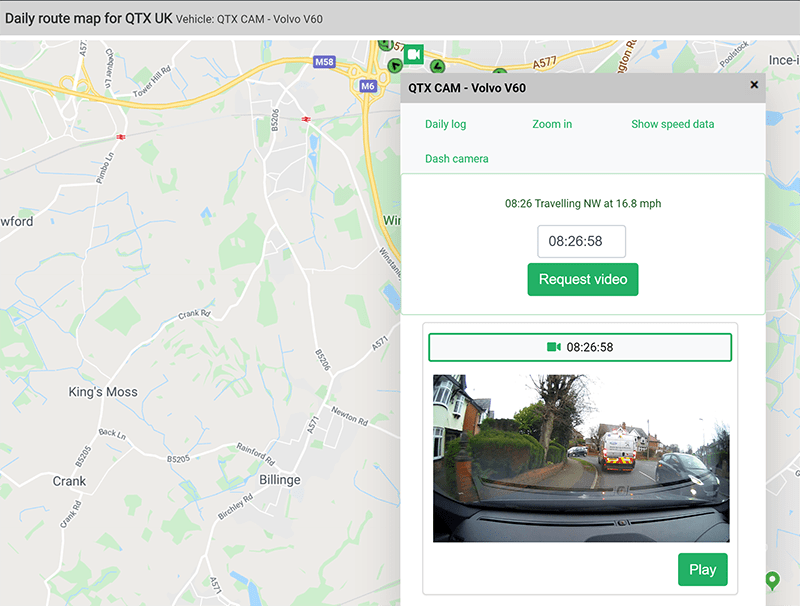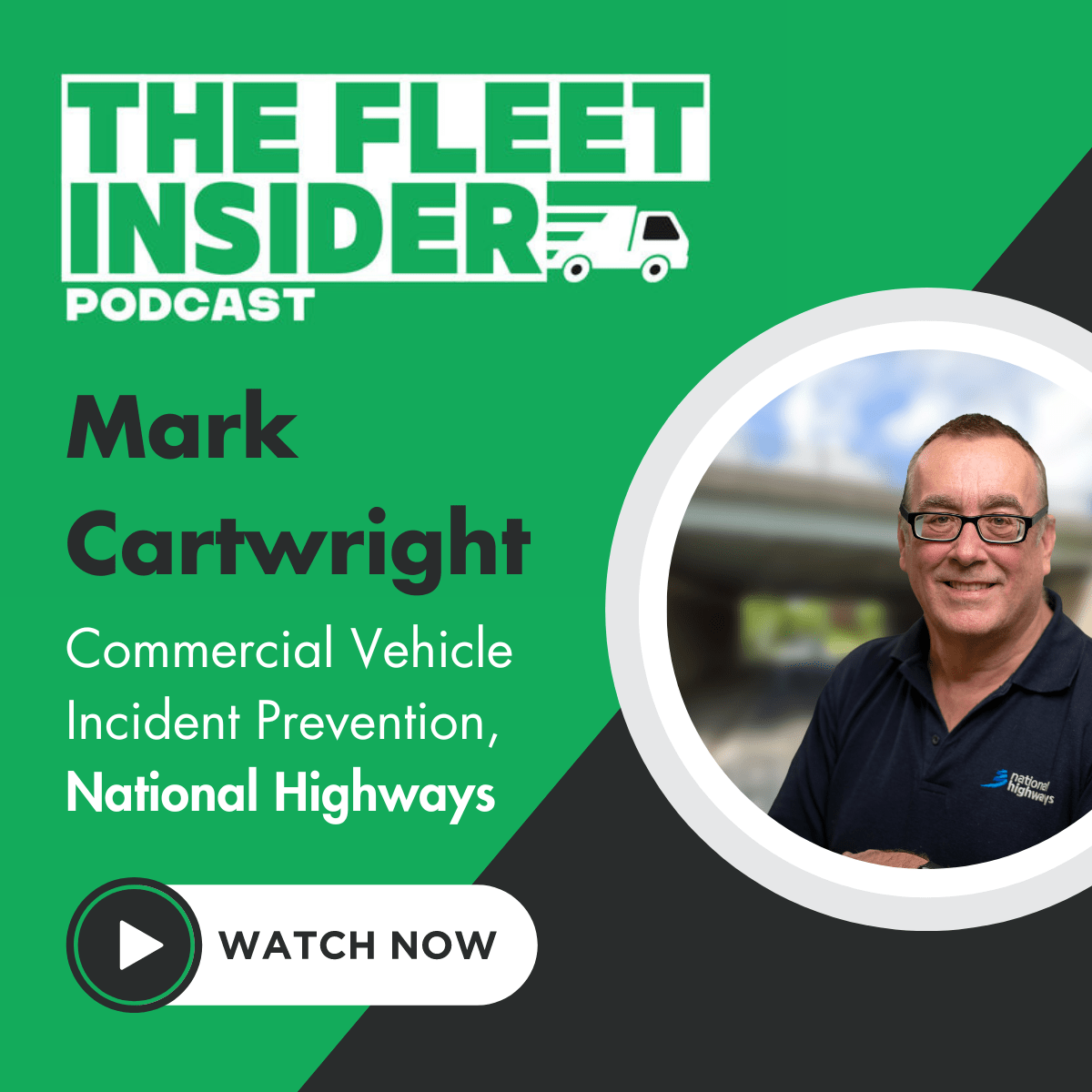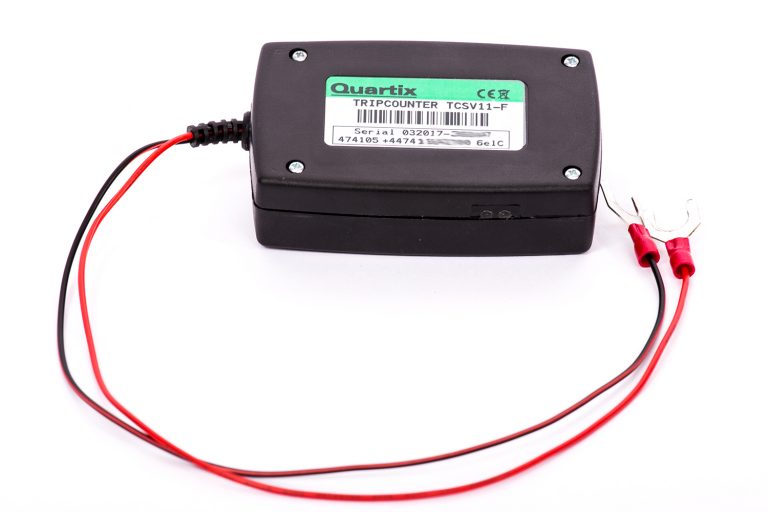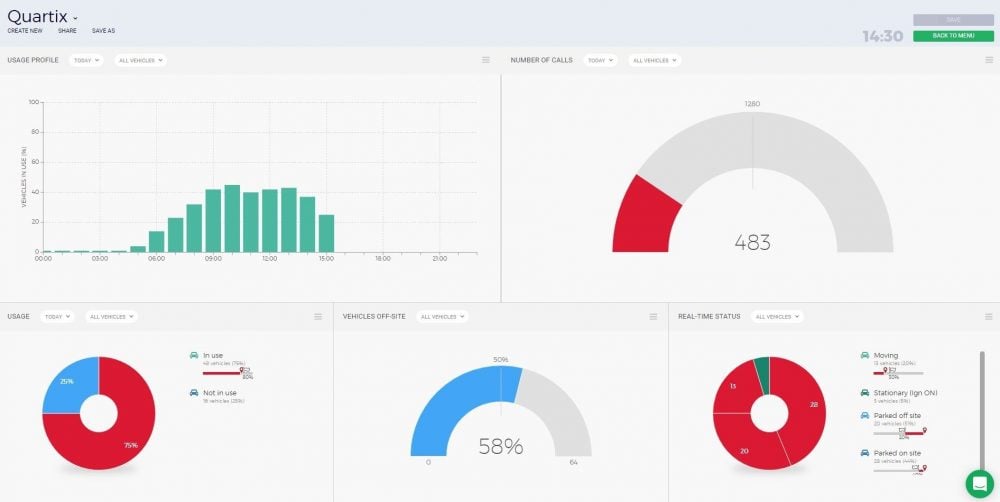Dashcams are increasingly cited as the best way to improve safety for a commercial fleet of vehicles. The very presence of a dashboard camera reduces the likelihood of an accident, improves driving styles and encourages better habits among your fleet. Drivers are automatically more conscious of their behaviour when it is being filmed – but there are other benefits to adopting dashcams as part of your telematics solution, for your drivers, your business and everyone else.
See: What to look for in a dashcam solution
1. Giving context to accidents
How can a dashcam help in the event of an accident?
Installing an integrated dashcam to support your vehicle tracking system is a wise move, especially if it integrates seamlessly with your existing fleet information. In the unfortunate event of an accident, footage from the precise moment of the collision can be retrieved to give context and clarity to what exactly transpired. Whilst a business may already be able to confirm the location, speed, braking and acceleration details at the time of a collision, supporting video footage can provide further insight to the vehicle’s movements.
Dashcams can provide valuable and unique information for the journey in question, such as:
- other vehicle’s movements
- the exact moment of a collision
- driver behaviour around the time of the event
- the weather conditions on the road
- any developing hazards that may have affected the drivers
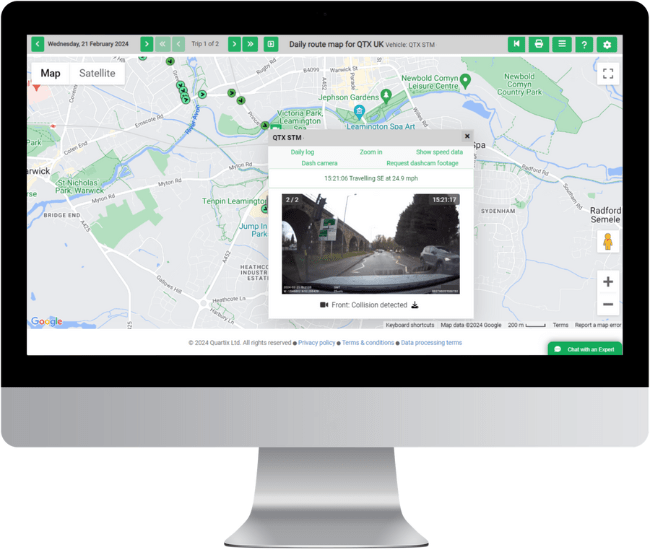
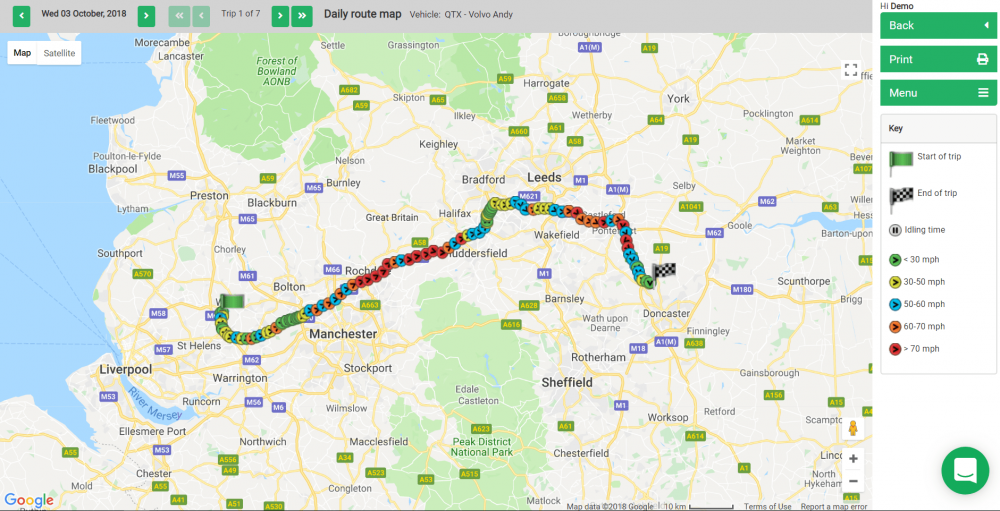
2. Protecting drivers from false claims
How do dashcams protect drivers from false claims?
Businesses often face unfair claims against their drivers and having dashcam footage to defend them can be invaluable. Footage can prove which driver was at fault, leaving very little room for speculation. This safety net can reduce stress for drivers and give them peace of mind that footage can easily be supplied as evidence for any specific section of the journeys they make.
A connected fleet tracking dashcam solution that is linked with your vehicle tracking system will successfully support your drivers in the event of false accusations from the public, customers or other businesses. Some vehicle tracking systems allow businesses to access dashcam recordings directly from the fleet’s journey logs or route maps, making the retrieval of the video footage very simple.
3. Driving style coaching
How can a business use dashcam footage to coach its drivers?
A vehicle tracking system’s driving style analysis feature can be a fantastic tool for driving style coaching – scoring systems can be utilised to track progress and highlight where improvements can be made amongst a business’ fleet. This process is enhanced when dashcams are in the mix, as relevant footage will provide examples and give context when businesses are discussing low driving style scores with drivers and help to explain why they are seeing these scores.
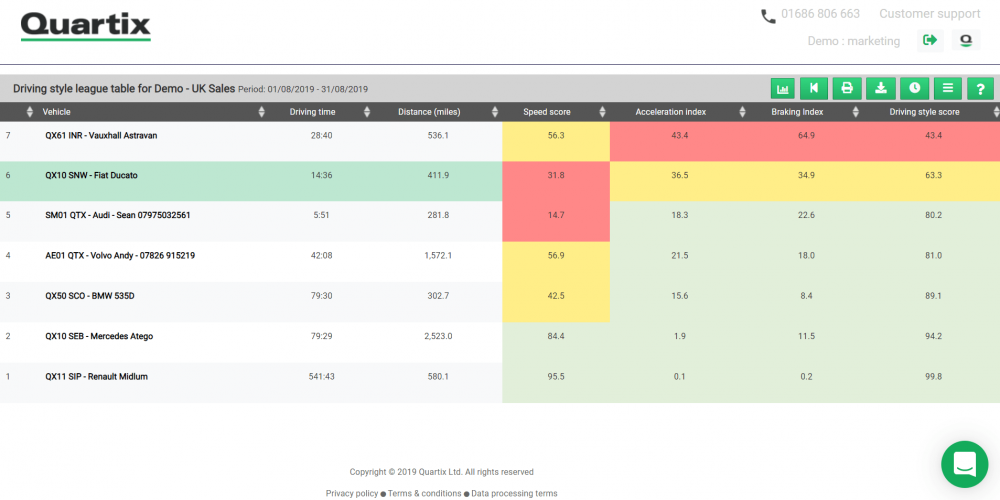
It’s hard to justify dangerous actions, such as braking harshly due to not leaving enough space ahead of the vehicle, when the unique situations are available to play back. Therefore, drivers become more accountable for their behaviour, in the knowledge that their employer will be able to see if they had reason to put stress on the vehicle or respond in a certain way.
Many vehicle tracking systems will connect with the dashcam to automatically flag high-speed or significant G-Force events, making this even easier for businesses to manage. With this system in place, a driver’s progress can be monitored more closely and it’s a lot clearer when improvements are being made.
The use of dashcams sends a positive, safety-conscious message not only to a company’s employees, but also to the public.
What should I look for in a dashcam solution?
When it comes to dashcams, there is a lot of choice out there on the market. Here are 5 tips to help you choose which option is best for your business.
- It’s beneficial to opt for a solution with cloud-based storage, rather than keeping the data on the camera itself. In the latter scenario, if the camera is lost, so is your data
- Look for a dashcam that integrates with your telematics system – this way it will work as an extension to your valuable vehicle tracking data
- HD footage will provide a clearer account of what was going on around the vehicle and show crucial vehicle registration plate details
- Usability is key – look for devices with in-built event triggers to alert you, such as significant G-force events
- Lastly, it’s important that you can request footage for a specific time or location, for example following a collision or insurance claim

To learn more about Quartix take a look at our vehicle tracking system features, or if this is all new to you, our telematics glossary will demystify some common terms. If you think we may be able to help your fleet, why not take a free demo or get in touch?
Liked this article? See The basics of eco-driving
